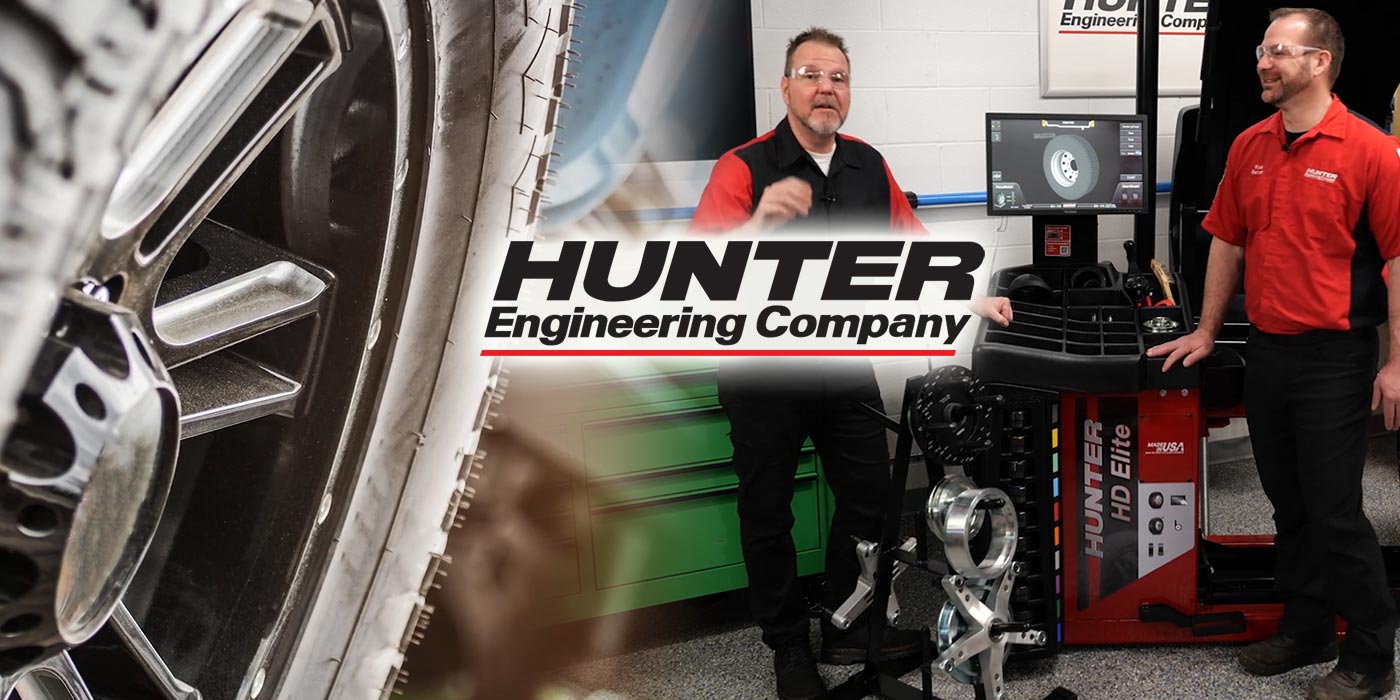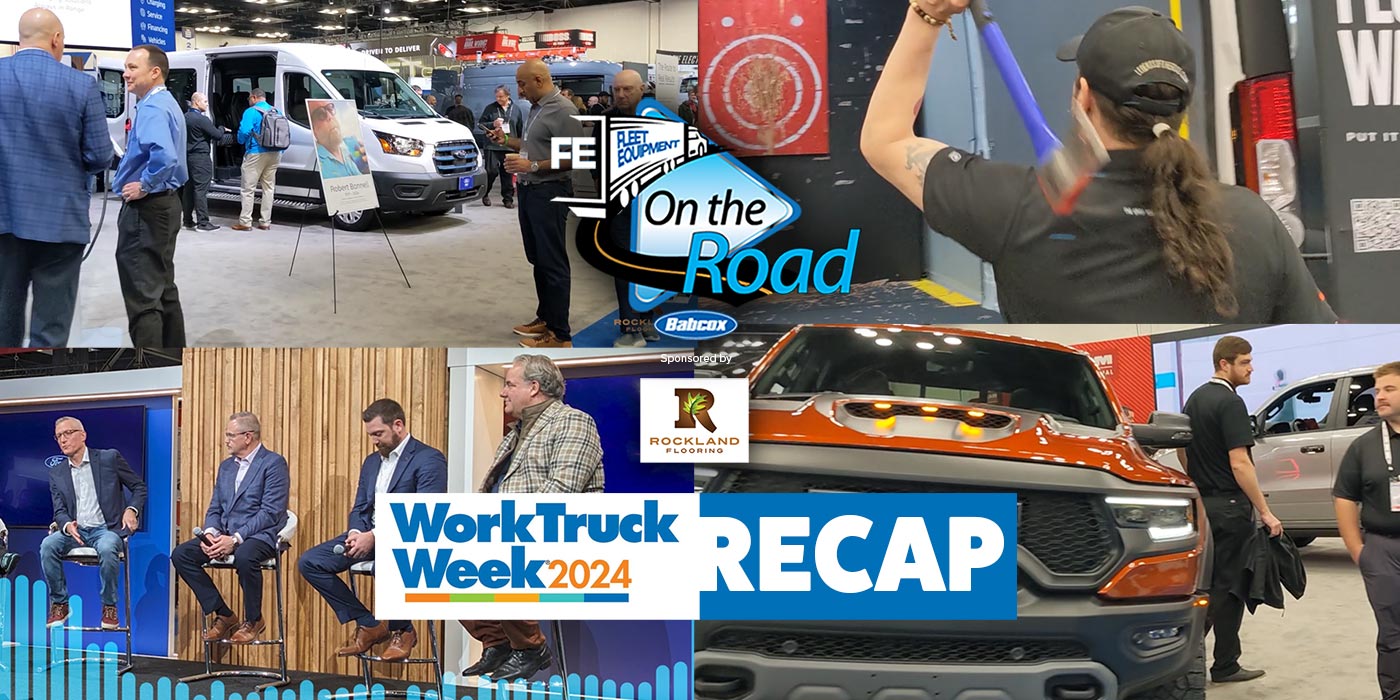Traditionally, pusher axles are used in vocational applications to distribute the vehicle weight and ensure the other axles are not overloaded. Pusher axles on an on-highway vehicle… well, pusher use has been considered limited because tractor-trailers typically won’t be overloading the other axles. However, in recent years, over-the-road applications like linehaul and regional haul have begun experimenting with 6×2 configurations, adding tag and pusher axles in the quest for greater fuel efficiency.
Click here to watch more of FE’s On the Road video series.
Here is a transcript of the video:
Fuel efficiency aside, pushers could be considered a maintenance boon as well. Maintaining a pusher axle is similar to maintaining the other axles on the vehicle with the added inspection requirements associated with the additional lift air suspension, but pushers can show other maintenance benefits as well.
Theoretically speaking, a liftable pusher or tag axle should experience increased longevity because it’s seeing only half the duty cycle of the other axles on the vehicle, seeing as it’s lifted half the time. Plus, consider long-life features like a low maintenance king pin; dual draw keys for durability and reduced tire wear; and a one-piece, lightweight forged knuckle for lower weight and reduced parts complexity. These could all reduce overall service requirements and extend time on the road.
Another advantage of a 6×2 system is that fleets could have reduced toll costs when legal and approved axle weight allows for the lifting of axles. This is especially true in applications like one-way, loaded bulk haulers where the vehicle is fully loaded on its way to a delivery but empty on the return trip. However, a pusher axle could also inadvertently increase tolls if it is not a liftable or lifted axle.
With this in mind, there are regulations governing weights of vehicles in federal and state laws, as well as individual state and local ordinances, that those over-the-road fleets interested in using pusher axles should know.
Restrictions can include things like weight limits on bridges and environmental factors such as frost. Single axles are restricted to 20,000 lbs. regardless of location on the chassis, with a total gross weight of 80,000 lbs. as a limitation without requiring additional waivers. Tandems are limited to 34,000 lbs., but still regulated to the total gross weight of 80,000 lbs.













